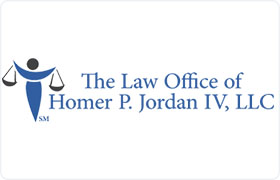Ball Ground Divorce & Family Law Lawyer, Georgia
Sponsored Law Firm
-
 x
x

Click For More Info:
-
The Law Office of Homer P. Jordan IV, LLC
125 Townpark Drive Suite 300 Kennesaw, GA 30144» view mapDivorce & Family Law Legal Solutions for a Brighter Tomorrow
At The Law Office of Homer P. Jordan IV, LLC in Kennesaw, we are dedicated to helping clients throughout the Atlanta area, including Cobb, Cherokee and Paulding counties.
800-590-3350
Ginger Lynn Wills
Adoption, Alimony & Spousal Support, Child Support, Children's Rights
Status: In Good Standing
FREE CONSULTATION
CONTACTFREE CONSULTATION
CONTACTB. Glen Johnson
Landlord-Tenant, Family Law, Divorce & Family Law, Criminal, Bankruptcy
Status: In Good Standing Licensed: 46 Years
Laura Lynn Hoskins
Family Law, Divorce, Divorce & Family Law
Status: In Good Standing Licensed: 22 Years
Rachel Danielle Conley
Other, Divorce & Family Law, Criminal
Status: In Good Standing Licensed: 12 Years
 Homer Jordan Kennesaw, GA
Homer Jordan Kennesaw, GA AboutThe Law Office of Homer P. Jordan IV, LLC
AboutThe Law Office of Homer P. Jordan IV, LLC Practice AreasExpertise
Practice AreasExpertise
